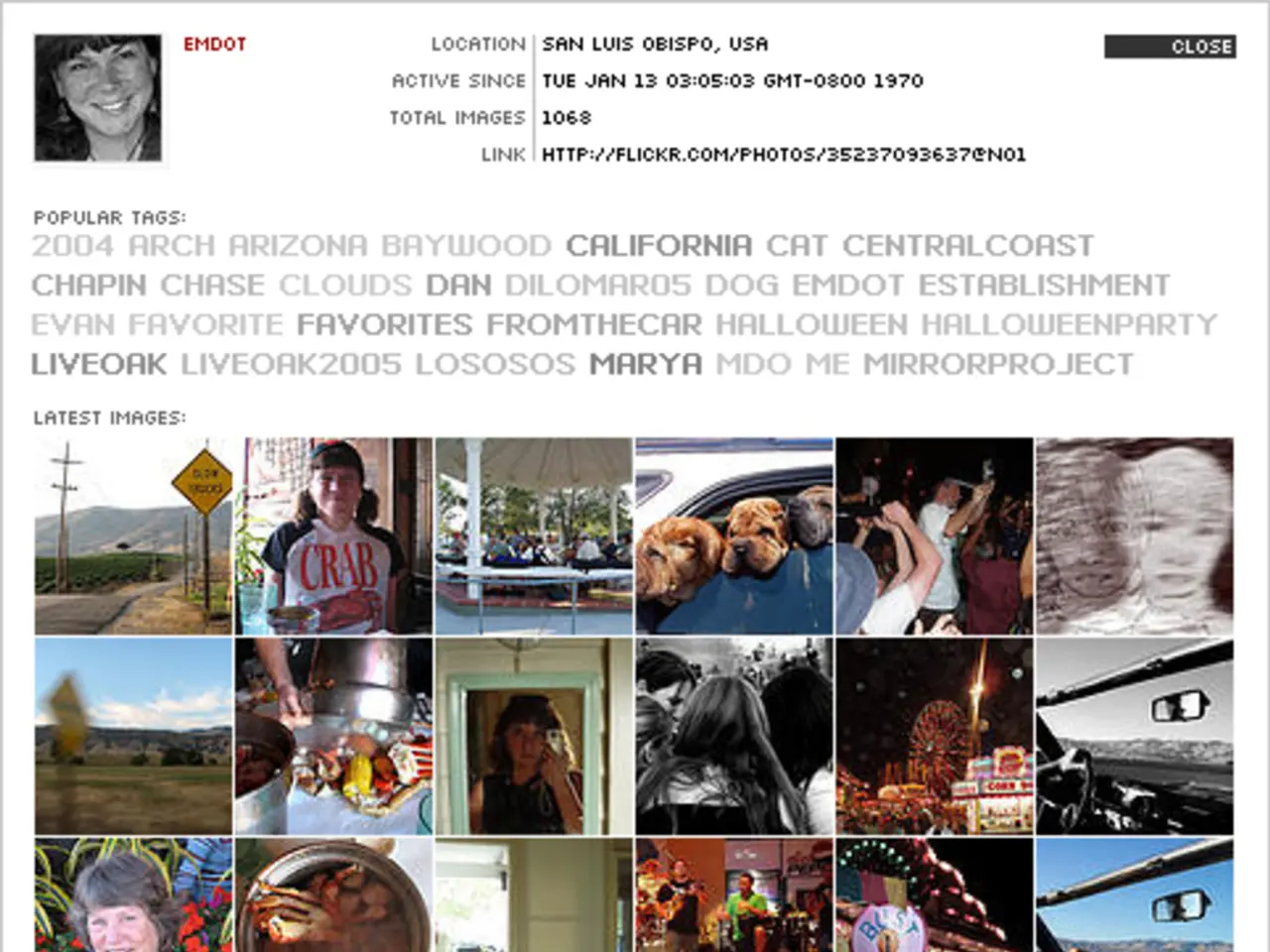Liver Cancer Treatment Options: Exploring Immunotherapies and Potential Adverse Reactions
Immunotherapy has emerged as a key player in the fight against liver cancer, particularly for advanced hepatocellular carcinoma (HCC). This form of treatment, which harnesses the power of the immune system to destroy cancer cells, is proving to be a valuable addition to traditional treatments.
Types of Immunotherapy for Liver Cancer
The arsenal of immunotherapy for liver cancer includes checkpoint inhibitors and combination therapies.
Checkpoint Inhibitors
Checkpoint inhibitors are a class of drugs that target immune checkpoints such as PD-1/PD-L1 and CTLA-4. Examples of these include nivolumab, pembrolizumab, atezolizumab, camrelizumab, durvalumab, and tremelimumab. These drugs aim to enhance the immune system's ability to recognize and attack cancer cells.
Combination Therapies
Combining checkpoint inhibitors with other treatments, such as anti-angiogenic agents like bevacizumab or small molecule inhibitors like apatinib, has shown promising results. For instance, the combination of atezolizumab plus bevacizumab has demonstrated superior outcomes compared to traditional treatments like sorafenib[1][5].
Effectiveness Compared to Other Treatments
The effectiveness of immunotherapy in liver cancer treatment can vary, but it offers significant benefits in many cases.
Survival Outcomes
Immunotherapy combinations, such as atezolizumab with bevacizumab, have shown comparable or superior survival benefits compared to traditional treatments like lenvatinib in some studies. However, real-world data and comparative studies often yield mixed results, underscoring the need for more comprehensive research[5].
Progression-Free Survival (PFS)
The combination of radiation with immunotherapy has been noted to improve PFS compared to systemic therapies alone, in some cases surpassing outcomes from trials using pembrolizumab or nivolumab[2].
Treatment Landscape Evolution
Immunotherapy, particularly combination regimens, has revolutionized the treatment landscape for advanced HCC, offering new biological mechanisms to fight cancer that complement or synergize with traditional therapies like anti-angiogenics[1][5].
While immunotherapy offers significant hope for patients with liver cancer, its effectiveness can vary based on the specific combination used and the patient's individual response. Ongoing research aims to optimize treatment strategies through more targeted and personalized approaches.
Notable Immunotherapy Drugs
- Atezolizumab (Tecentriq) and durvalumab (Imfinzi) are FDA-approved PD-L1 inhibitors.
- Pembrolizumab (Keytruda) and nivolumab (Opdivo) are FDA-approved PD-1 inhibitors.
- FDA-approved CTLA-4 inhibitors include ipilimumab (Yervoy) and tremelimumab (Imjudo).
Potential Side Effects
Like any medication, immunotherapy drugs can have side effects. These may include fatigue or weakness, fever, nausea, cough, loss of appetite, itching, skin rash, muscle or joint pain, constipation, diarrhea, skin reactions, flu-like symptoms, fluid retention, sinus congestion, heart palpitations, infection, and organ inflammation.
[1] Shi, Y. et al. (2020). Atezolizumab plus bevacizumab versus sorafenib in patients with unresectable hepatocellular carcinoma. The New England Journal of Medicine, 383(13), 1278–1289.
[2] Suneja, R. et al. (2020). Atezolizumab plus bevacizumab in patients with locally advanced or metastatic hepatocellular carcinoma: A phase 1b/2, open-label, multicentre, dose-expansion study. Lancet Oncology, 21(1), e1–e12.
[5] Llovet, J. M. et al. (2020). Atezolizumab plus bevacizumab versus lenvatinib in patients with unresectable hepatocellular carcinoma: A randomised, open-label, phase 3, non-inferiority trial. The Lancet, 395(10231), 1392–1402.




